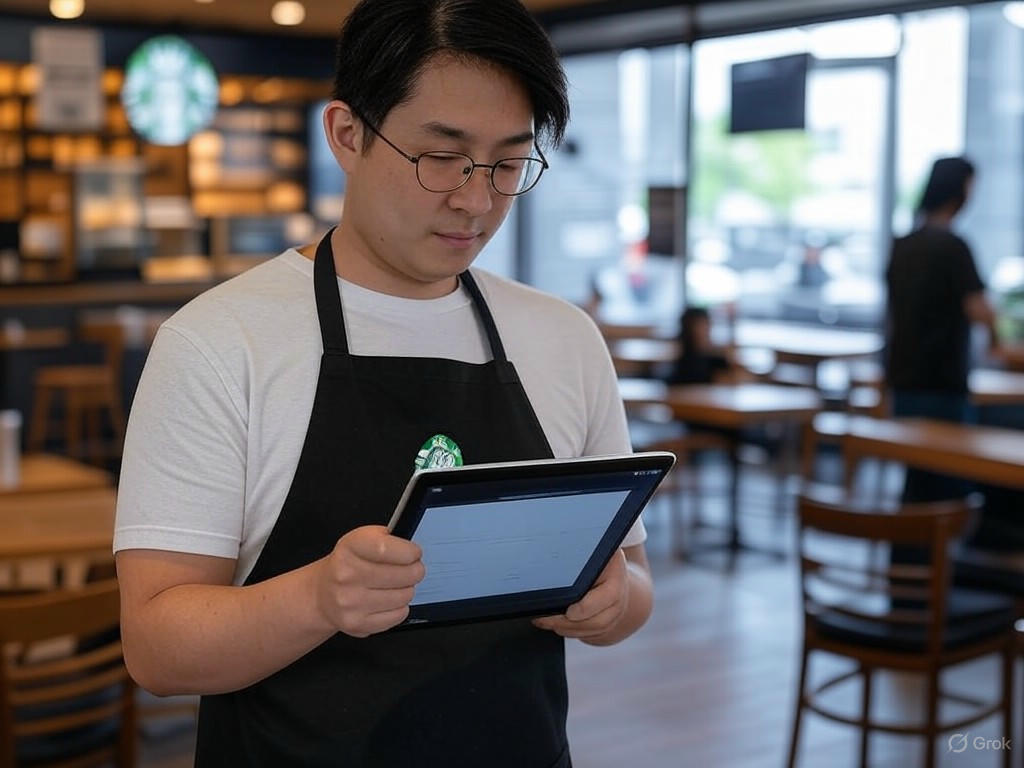Starbucks Brews Innovation with AI-Powered Barista Assistant
In a bold move to blend technology with coffee culture, Starbucks has announced plans to introduce an AI-driven assistant for its baristas across the United States and Canada. Set to debut in fiscal 2026, this cutting-edge tool, powered by Microsoft Azure’s advanced OpenAI technology, aims to enhance the in-store experience for both employees and customers. Dubbed internally as a game-changer, the system promises to streamline operations and elevate service quality in an increasingly competitive coffee market.
The AI assistant, designed to support baristas during peak hours, will offer real-time guidance on everything from order customization to inventory management. Imagine a busy morning rush where a barista can instantly access suggestions for personalized drink recommendations or troubleshoot a sudden equipment glitch—all through a seamless digital interface. This initiative reflects Starbucks’ commitment to embracing innovation while maintaining the personal touch that has defined its brand for decades. By integrating artificial intelligence, the company hopes to reduce wait times, minimize errors, and allow staff to focus more on connecting with customers rather than getting bogged down by operational hiccups.
Beyond improving efficiency, this rollout signals a broader trend in the retail and hospitality sectors, where businesses are increasingly turning to AI to stay ahead. Starbucks, with its vast network of stores, is positioning itself as a pioneer in this space, potentially setting a new standard for how technology can coexist with human interaction in customer-facing roles. The partnership with Microsoft Azure also underscores the growing importance of secure, scalable cloud solutions in deploying AI at such a massive scale. While details about the assistant’s full capabilities remain under wraps, industry experts speculate that it could include features like predictive analytics to anticipate customer preferences based on past orders or local trends.
However, this technological leap isn’t without its challenges. Some baristas and industry observers have raised questions about whether an AI tool might depersonalize the Starbucks experience or reduce the need for human staff over time. The company has emphasized that the assistant is meant to empower, not replace, its workforce, ensuring that the warmth of a friendly barista’s smile remains a cornerstone of every visit. Training programs will accompany the rollout to ensure employees are comfortable with the new system, fostering a balance between tech and tradition.
As fiscal 2026 approaches, all eyes will be on Starbucks to see how this AI experiment unfolds. If successful, it could redefine the role of technology in the coffeehouse experience, inspiring other chains to follow suit. For now, customers can look forward to a future where their favorite latte comes with a side of innovation, proving that even in the fast-paced world of coffee, there’s always room to brew something new.


